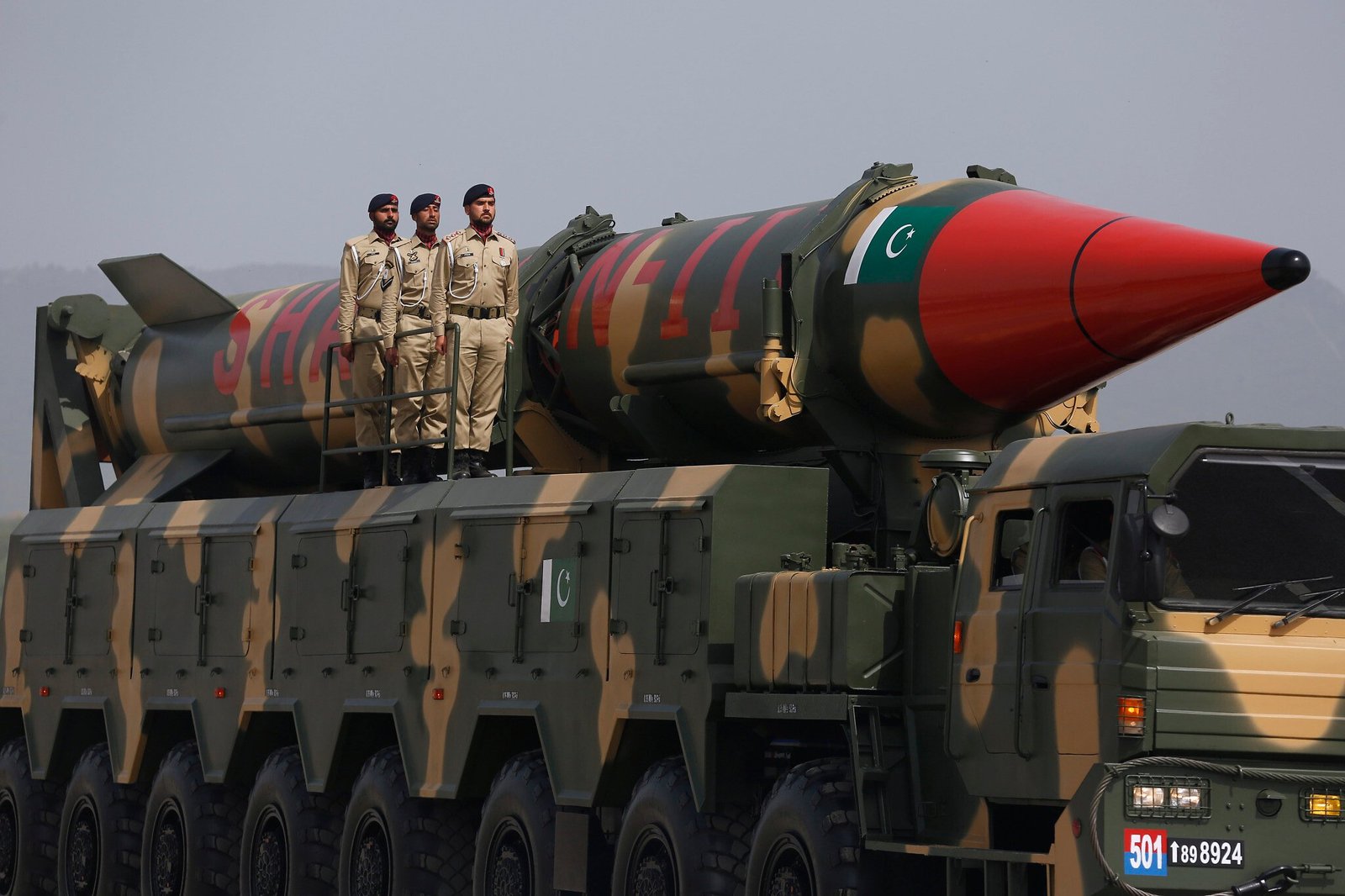Saudi Arabia’s market regulator announced on Monday that it will now permit foreign investment in companies listed on the stock exchange that own real estate within Makkah and Madina, the two holiest cities in Islam. This strategic move is part of the Gulf kingdom’s efforts to attract more international capital and enhance liquidity for current and future projects in these cities.
The new policy is significant because it allows foreign investors to participate in firms whose revenues are closely tied to the Islamic pilgrimages, Haj and Umrah—key contributors to the kingdom’s economy. The government has set an ambitious goal to host 30 million pilgrims annually by 2030, a cornerstone of its Vision 2030 economic diversification plan aimed at reducing the country’s dependency on oil revenues.
According to official data, in 2019, Saudi Arabia earned approximately $12 billion from the Haj and Umrah pilgrimages alone. As such, boosting the number of pilgrims is essential to the nation’s broader economic transformation, which also seeks to diversify the economy and open new sectors to investment.
Pl watch the video and subscribe to the YouTube channel of republicpolicy.com for quality podcasts:
The Saudi stock market has already seen positive responses to this development. The market’s benchmark index rose by 0.2%, with companies like Jabal Omar Development and Makkah Construction and Development—both of which own real estate in Makkah—seeing a 10% surge in their stock prices.
The Capital Market Authority (CMA), which oversees the stock market, clarified that the new investment rules will be restricted to shares and convertible debt instruments, excluding “strategic foreign investors.” Additionally, foreign ownership will be capped at 49% of the shares of these companies. This move comes after the CMA had previously allowed non-Saudis to invest in real estate funds within Makkah and Madina in 2021.
Saudi Arabia’s push to open its real estate and pilgrimage economy to foreign investors underscores its determination to foster global economic partnerships as part of its broader reform agenda under Vision 2030.















